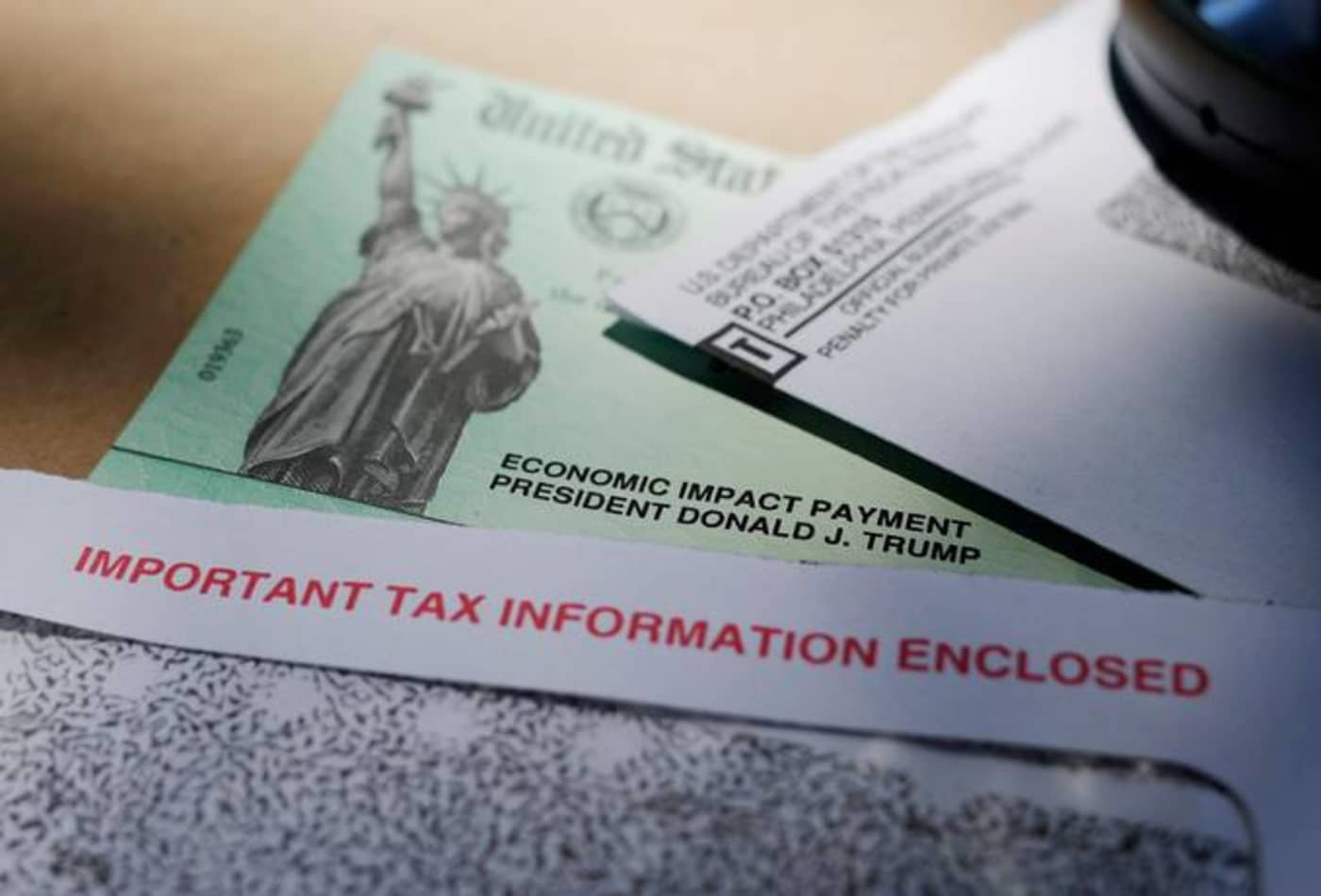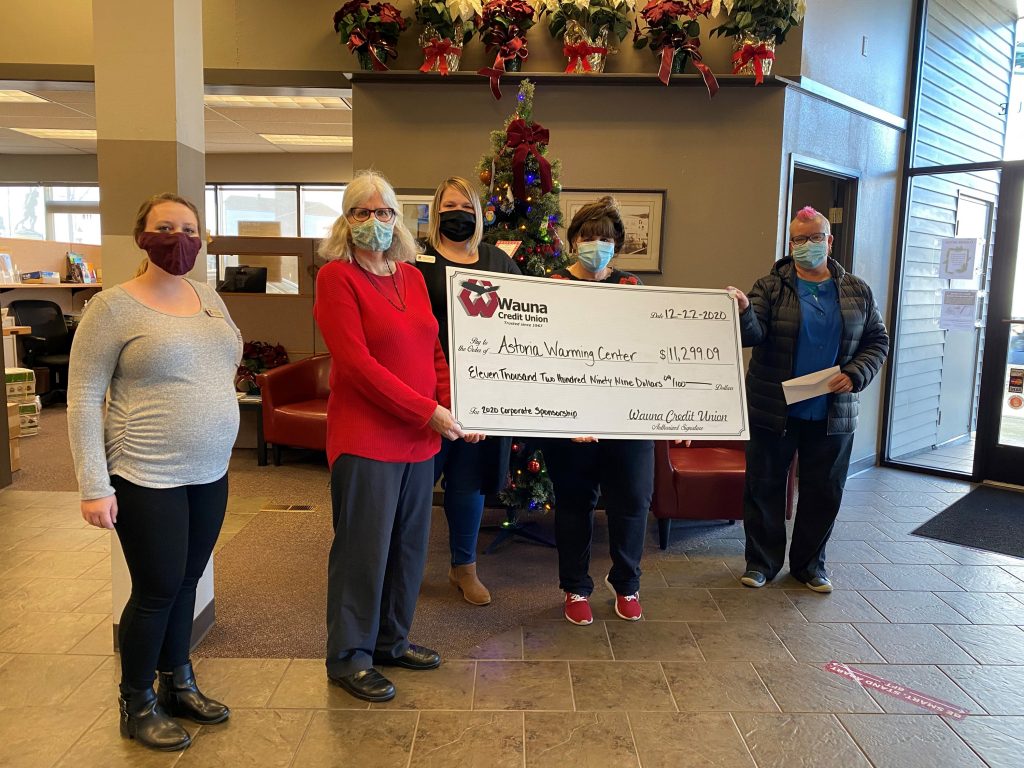The last year has shown us how resilient people can be, and maybe no group has been forced to change more than graduating seniors and college students. Every year we reward those hard-workers in our community, and this year, we are extra proud to award $9,750 in scholarships to nine students who have shown commitment to their studies and to the area. The winners demonstrate the great things that our young members are doing, and the great potential they have to change the future.
- Ann Heyen (Warrenton); Ann is embarking on a future career in finance, at La Moyne College. Her ultimate goal is to open her own business and provide financial education.
- Cade McDonald (Scappoose); Cade has already started his college career, taking dual credit classes and a class at PCC. He is planning on getting a B.S. in nursing, in an emergency or trauma setting.
- Gabe Katon (Clatskanie); Gabe is heading to Lower Columbia College to study Psychology. He believes his time on the speech and debate team in high school helped prepare him for the future.
- Jessica Butcher (Vernonia; Jessica is attending Portland Community College in order to get a degree in Nursing. After completing the two-year program, she plans to transfer to OHSU and earn her B.S. in Nursing.
- Josiah Jones (Rainier); Josiah is enrolled at Northwest University, studying history and political science. He ultimately wants to return to the area to teach high school.
- Kegan Roscoe (Astoria); Kegan is entering her sophomore year at Oregon State studying business and interior design. She ultimately wants to start her own business, and contribute back into the community.
- Natalie Katon (Clatskanie); Natalie is off to Oregon State University, with the goal of entering the medical field. She’s excited to be working towards her degree at the same time as her dad attends a masters program. She credits her time in Leadership and track in setting her up for success.
- Samuel Irwin (Warrenton); Sam is attending Oregon State University in the fall, and will major in biology. He wants to become a physician’s assistant, and give back to his community.
- Shelby Blodgett (Clatskanie); Shelby will be attending Oregon Institute of Technology and studying Nuclear Medicine. She will also be continuing her athletic career, suiting up for the Owls basketball team.
The application period for Wauna Credit Union Scholarships will begin again in February 2022. The application deadline is later in the year, and winners are announced in June. All members that are high school seniors or recent high school graduates are eligible.


